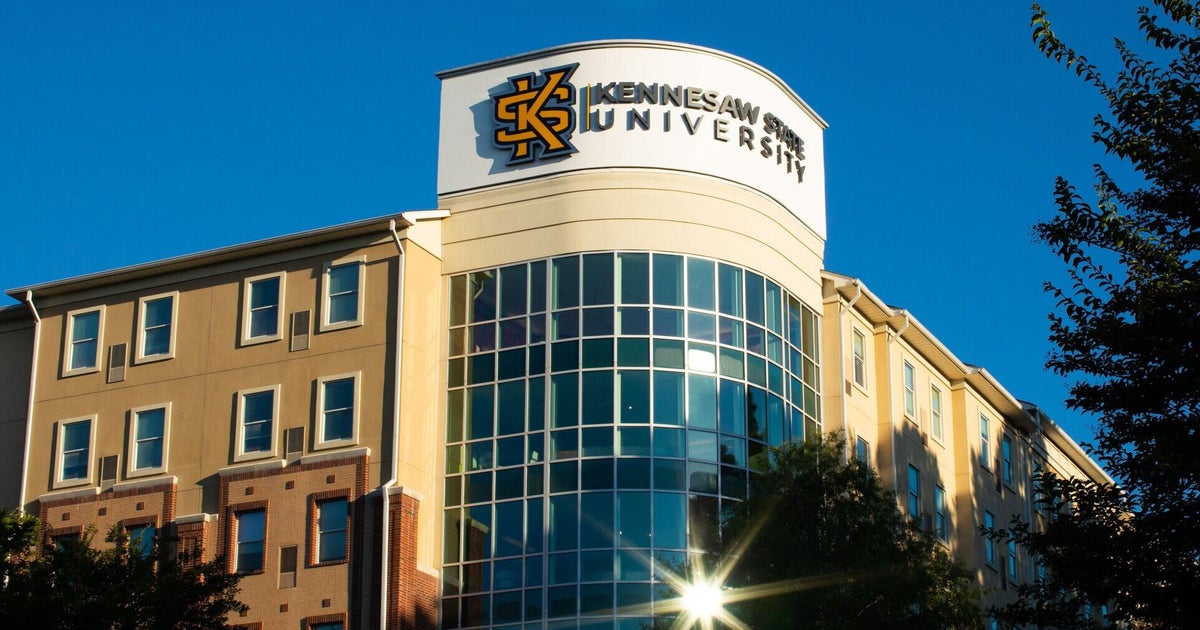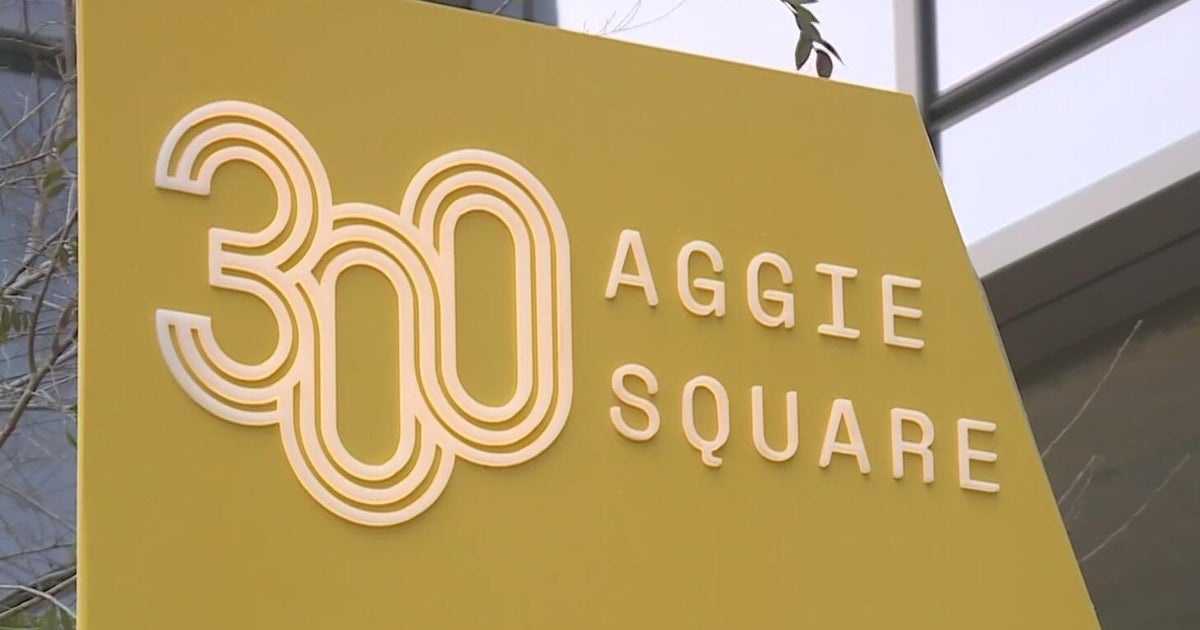Does a liberal arts degree lead to low pay? Not necessarily
As the old joke goes, liberal arts graduates end up working in jobs where they ask, "Do you want fries with that?"
But that's not the reality for graduates of elite colleges with liberal arts degrees, according to PayScale's annual survey of 2.3 million graduates of more than 2,700 colleges.
Science, technology, engineering and mathematics (STEM) graduates earn higher starting salaries when they first enter the workforce than their counterparts in other majors, but that advantage erodes over time among alumni of elite colleges, PayScale found.
Take the average salary of a recent graduate with a petroleum engineering degree. That grad typically earns $94,600, the most of any job tracked by PayScale, within the first five years after graduating. Physician assistant graduates finished second with annual earnings $87,800, followed by $75,300 for holders of metallurgical engineering degrees. Once they gain a decade or more experience, petroleum engineering, physician assistants and metallurgical engineers report average salaries of $107,500, $107,600 and $105,000, respectively.
To be sure, liberal arts graduates earn less out of the gate. Princeton graduates with degrees in the humanities such as English, philosophy or foreign languages report earning an average $61,500 within five years or graduation, the most of any university. Yet after ten years or more of workplace experience, they typically earn an average of $134,100. Graduates of the Ivy League university who major in social sciences such as economics, history or anthropology are paid an average of $68,100 when starting their careers. But a decade after graduation, they typically earn $176,600.
Where the money isn't
It's not only Ivy League graduates who end up with healthy paychecks over their careers, PayScale said.
"You might assume that the highest earners in the country come from well-known Ivy League Schools like Harvard or Princeton, but the truth is, the highest median alumni salaries often come from students who attended small colleges with strong engineering programs," PayScale said.
It added, "The salaries of humanities majors have some of the biggest growth over time, mostly because the early career salaries of most humanities majors are lower than those of people who studied computer science or engineering, or other STEM subjects."
Graduates of Stanford University, located in the heart of Silicon Valley, earn an average of $154,700 after ten years on the job, topping PayScale's annual rankings of the best universities by salary potential. Harvey Mudd, a private college with a student body of about 800, ranked second with average alumni salaries of $153,400. They were followed by the California Institute of Technology and the Massachusetts Institute of Technology, which tied for third place with average graduate salaries of $152,400. Princeton University was in fifth place with $151,900.
"Increasingly, students want to understand the career and income opportunities associated with their college education," PayScale vice president Lydia Frank said in a statement. "While earning potential should not be the only consideration, it's an important one, especially when considering the cost of each student's education."
Indeed, graduates of the class of 2016 have an average of $37,172 in student loan debt, up six percent the previous year, according to Student Loan Hero.




